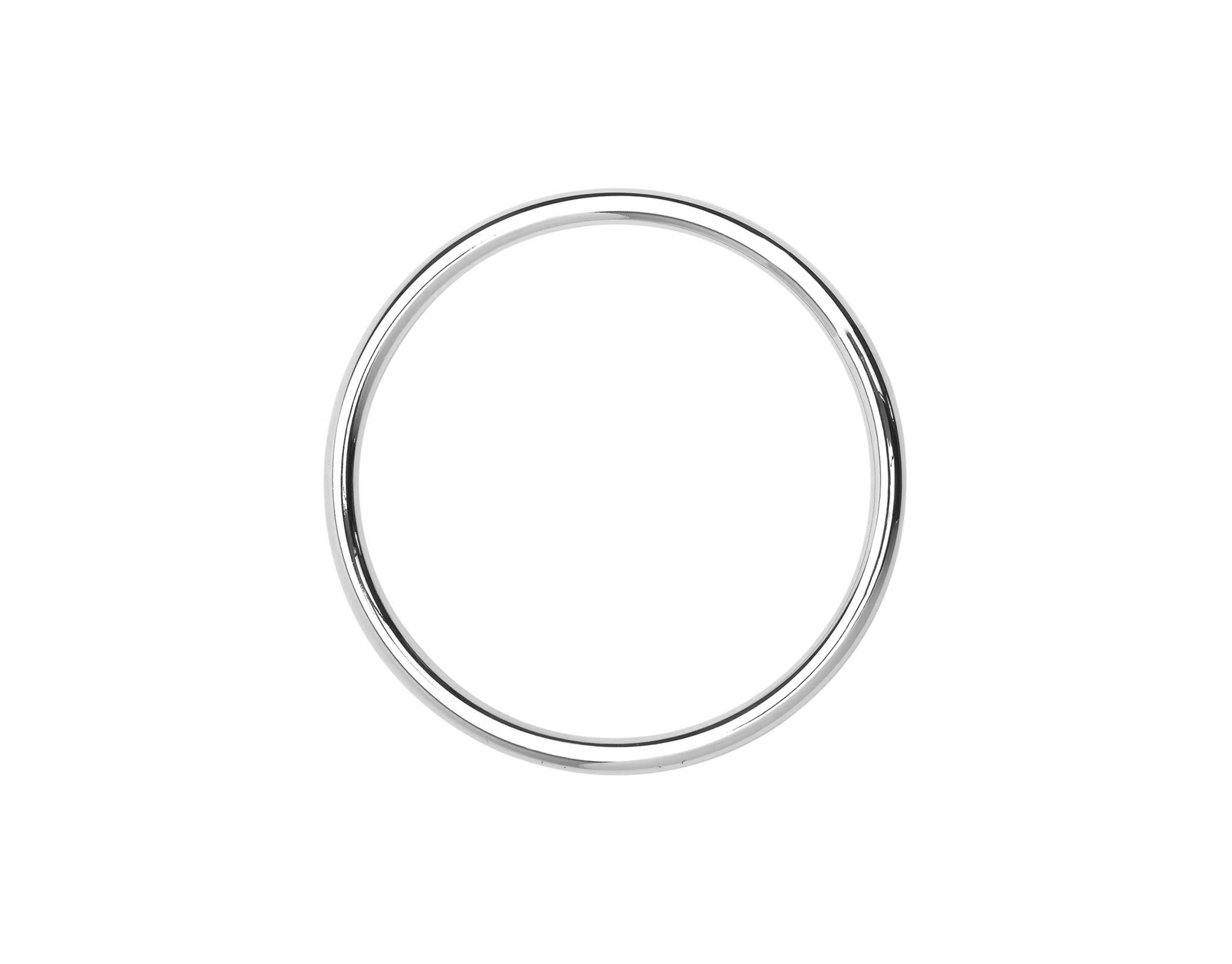A Comprehensive Guide to Choosing the Perfect Engagement Ring
Understanding the Basics of Engagement Rings
Choosing the perfect engagement ring is an exciting yet daunting task. With so many styles, cuts, and settings available, it's easy to feel overwhelmed. However, by understanding the basics, you can make an informed decision that reflects both personal style and budget.
The first step in selecting an engagement ring is to understand the "Four Cs" - Cut, Color, Clarity, and Carat Weight. These factors determine the quality and value of a diamond. While each aspect is important, the cut is often considered the most crucial, as it affects the diamond's brilliance.

Determining Your Budget
Budget is a key factor when choosing an engagement ring. It's essential to set a realistic budget before you start shopping. Contrary to popular belief, you don't need to spend a specific amount or follow outdated rules like the "three months' salary" guideline.
Consider your financial situation and prioritize what's important to you. Whether it's a larger carat size or a unique setting, understanding your priorities will help you allocate your budget wisely. Remember, a more affordable ring can still be beautiful and meaningful.

Choosing the Right Style
The style of the engagement ring should reflect the personality and taste of your partner. From classic solitaires to vintage designs and modern settings, there's a style for everyone. Pay attention to the type of jewelry your partner typically wears to get a sense of their preferences.
If you're unsure, consider consulting with a trusted friend or family member for advice. Alternatively, you can go for a timeless design that never goes out of style, ensuring it will be cherished for years to come.
Selecting the Metal
The choice of metal for the band is another important consideration. Common options include gold (available in yellow, white, and rose), platinum, and palladium. Each metal has its own unique characteristics and price points.
Gold is a popular choice due to its variety and affordability. Platinum is known for its durability and hypoallergenic properties but comes at a higher cost. Consider your partner's lifestyle and any metal allergies they may have when making your selection.

Exploring Alternative Gemstones
While diamonds are the traditional choice for engagement rings, many couples are opting for alternative gemstones for a more personalized touch. Sapphires, emeralds, and rubies are popular choices that offer vibrant colors and unique symbolism.
Using a non-traditional gemstone can also be a more budget-friendly option while still providing a stunning appearance. Just be sure to research the durability and care requirements of any gemstone you choose.
Considering Ethical and Sustainable Options
In recent years, there has been a growing demand for ethically sourced and environmentally sustainable engagement rings. Many jewelers now offer lab-grown diamonds or recycled precious metals as eco-friendly alternatives.
Choosing an ethical ring not only aligns with your values but also ensures that your purchase supports responsible practices in the jewelry industry. Look for certifications such as the Kimberly Process or Fair Trade Gold when making your decision.

Final Thoughts
Selecting the perfect engagement ring is a deeply personal journey that should reflect both your love story and your partner's individual style. By considering factors such as budget, style preferences, metal choice, and ethical considerations, you can find a ring that will be treasured for a lifetime.
Remember that this is just the beginning of your lifelong commitment to one another. Ultimately, the love and thoughtfulness behind the ring matter more than any specific characteristics or price tag.
